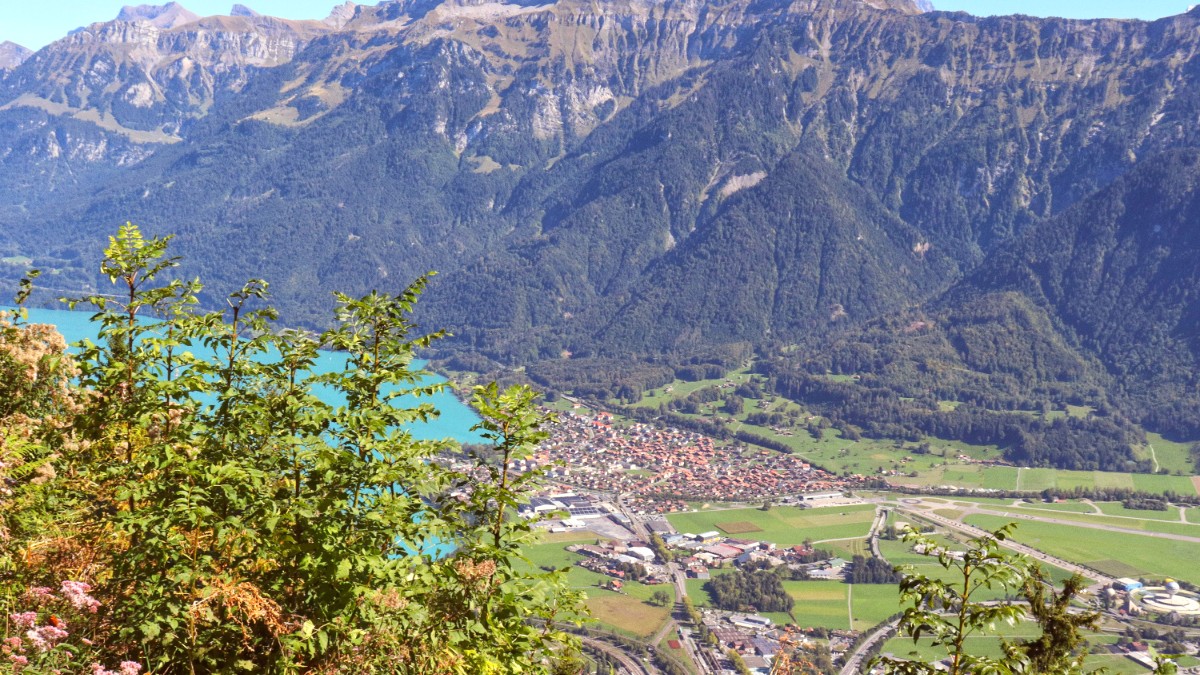
Central Switzerland And Berner Oberland, Switzerland
Switzerland has great mobile network coverage. Main providers include Swisscom, Sunrise, and Salt. Prepaid SIM cards are available at airports, train stations, or mobile shops.
Wi-Fi is widely available in Interlaken. Most hotels, restaurants, and cafes present free Wi-Fi for guests. Major train stations also offer free Wi-Fi.
Switzerland has four national languages. In Interlaken, Swiss German is common, but English is understood due to tourism.
Basic greetings in Swiss German are always welcome.
With readily available Wi-Fi and mobile options, staying connected in Interlaken is simple. English speakers will find communication straightforward in tourist-heavy areas.
Understand typical operating hours for businesses and services in Interlaken.
Generally, shops open Monday to Friday from 9:00 AM to 6:30 PM, and Saturdays from 9:00 AM to 5:00 PM. Many shops are closed on Sundays.
Banks typically operate Monday to Friday, 8:30 AM to 4:30 PM. ATMs (Bancomat) are widely available 24/7, accepting international cards.
Swiss public holidays may mean many businesses, banks, and public services are closed or operate on reduced schedules. Plan accordingly.
Many mountain railways, cable cars, and seasonal attractions close for maintenance during shoulder seasons, typically late April/early May and mid-November/early December.
Lunch service typically runs from 12:00 PM to 2:00 PM. Dinner service usually starts around 6:00 PM.
Verify operating hours for businesses and attractions, especially during holidays or shoulder seasons. This ensures a smooth travel experience.
Cultural norms and etiquette considerations for your visit to Interlaken.
A handshake serves as a common and appropriate greeting when meeting someone new.
Dress in Switzerland generally appears casual and practical, suitable for outdoor activities.
Tipping is not mandatory, as service charges are included in prices.
No general restrictions exist on photography in public places.
A little effort goes a long way.
Switzerland strives to offer accessible infrastructure for travelers with disabilities.
Swiss public transport generally shows high accessibility. Many train stations include ramps, lifts, and accessible restrooms.
Major attractions, like Jungfraujoch, Harder Kulm, and lake boat cruises, offer good accessibility.
Services cater to travelers with visual or hearing impairments.
Organizations share detailed accessibility information.
If renting a car, a "vignette" (annual toll sticker) costs CHF 40. This sticker is for all vehicles using Swiss motorways. Purchase it at border crossings or gas stations.
Frequent travelers find independent airport lounge access through Priority Pass. This offers comfort before or after flights.
Service for compensation on flight delays, cancellations, or denied boarding from Compensair. This aids travelers facing disruptions.